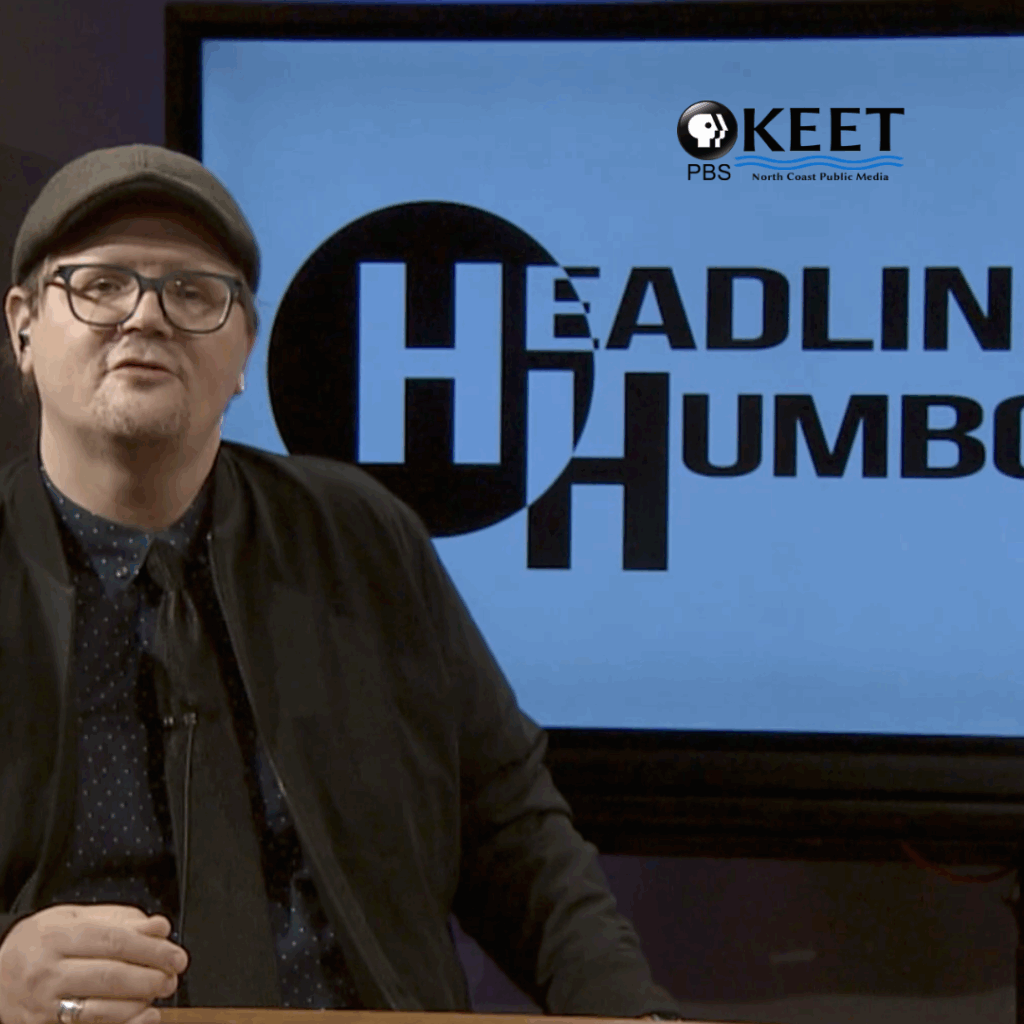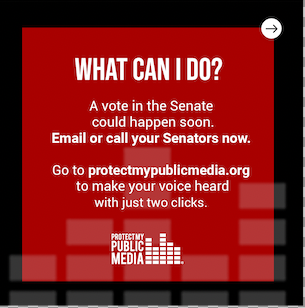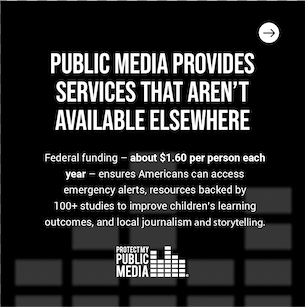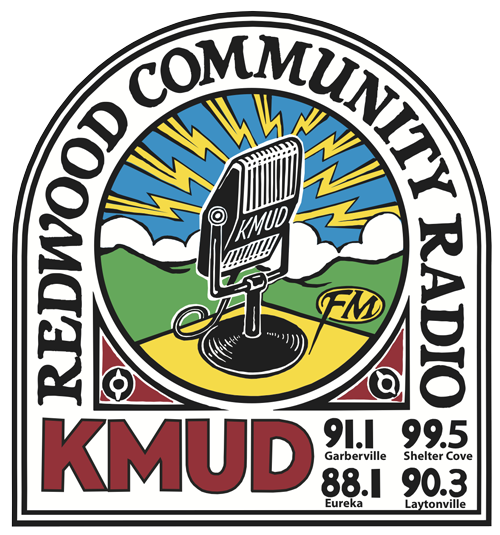House Passes Bill to Eliminate CPB Funding; Community Media at Risk of Collapse

The House of Representatives has passed a bill Thursday that would rescind all federal funding for public media, putting nonprofit broadcasters across the nation—including Humboldt County’s KEET-TV and KMUD Radio—at serious risk. Although Congress had previously approved funding for the Corporation for Public Broadcasting (CPB) through 2027, the Trump administration is now seeking to claw back those funds through a narrowly passed rescission bill. The legislation passed 214-212, largely along party lines, and now heads to the Senate for a vote expected in July.
Public media funding represents less than 0.01% of the federal budget but supports independent journalism and educational programming in all 50 states and U.S. territories. At KMUD, CPB funds account for about 25% of the operating budget. At KEET-TV, a local PBS affiliate, nearly half of its annual funding—about $850,000—comes from CPB. That money supports national programming, emergency alert systems, and local productions like Headline Humboldt and Live from the Old Steeple.

James Faulk, Managing Editor of Headline Humboldt, says the consequences of the Senate approving the bill would be dire. “All of the local productions we do would likely disappear,” he said. “There wouldn’t be a media presence like we have now. It would be absolutely devastating.” Faulk added that beyond children’s programming like Sesame Street, PBS and NPR also play a crucial role in emergency communications and public safety infrastructure, particularly in rural areas.
The Corporation for Public Broadcasting was created in 1967 to act as a firewall between political interference and independent media. But like many democratic norms, that principle is under attack. President Trump has openly called public broadcasters “radical” and “woke,” and his administration’s playbook—Project 2025—explicitly targets public media for dismantling. Trump has also issued over 160 executive orders, including one to defund PBS and NPR entirely. That order is currently being challenged in court.
The House vote drew sharp criticism from public media advocates. Faulk characterized the move as an “autocratic backslide,” stating, “This is an attempt to silence voices that [Trump] considers unfair. It’s part of a broader war on truth.”
Public media outlets also serve as a trusted source of emergency information during wildfires, earthquakes, and other disasters. KEET’s infrastructure includes FEMA-authorized equipment to disseminate critical information in the event of a tsunami or local emergency.
In March, Rep. Marjorie Taylor Greene chaired a hearing to attack public media, calling broadcasters “anti-American.” However, many experts and journalists argue that a free and independent press is essential to democracy—especially as misinformation spreads rapidly across social media platforms. Faulk warned that cutting public media could push more Americans into the “confusing information sphere” of the internet, where disinformation thrives and radicalization increases.
According to Protect My Public Media, a national advocacy group, grassroots efforts delivered more than 518,000 emails and 37,000 calls to Congress in the lead-up to the House vote—the largest outpouring of support in the organization’s history. Despite these efforts, the bill passed in the House, prompting a renewed push to influence the Senate.
Supporters are urged to contact their senators—especially Republican lawmakers—to stress the importance of public broadcasting. As Falk put it, “If we lose this, it’s one more way our society gets fractured and polarized… It’s sad to see this wanton destruction for no reason.”
The Senate has until July 18 to vote on the bill.


